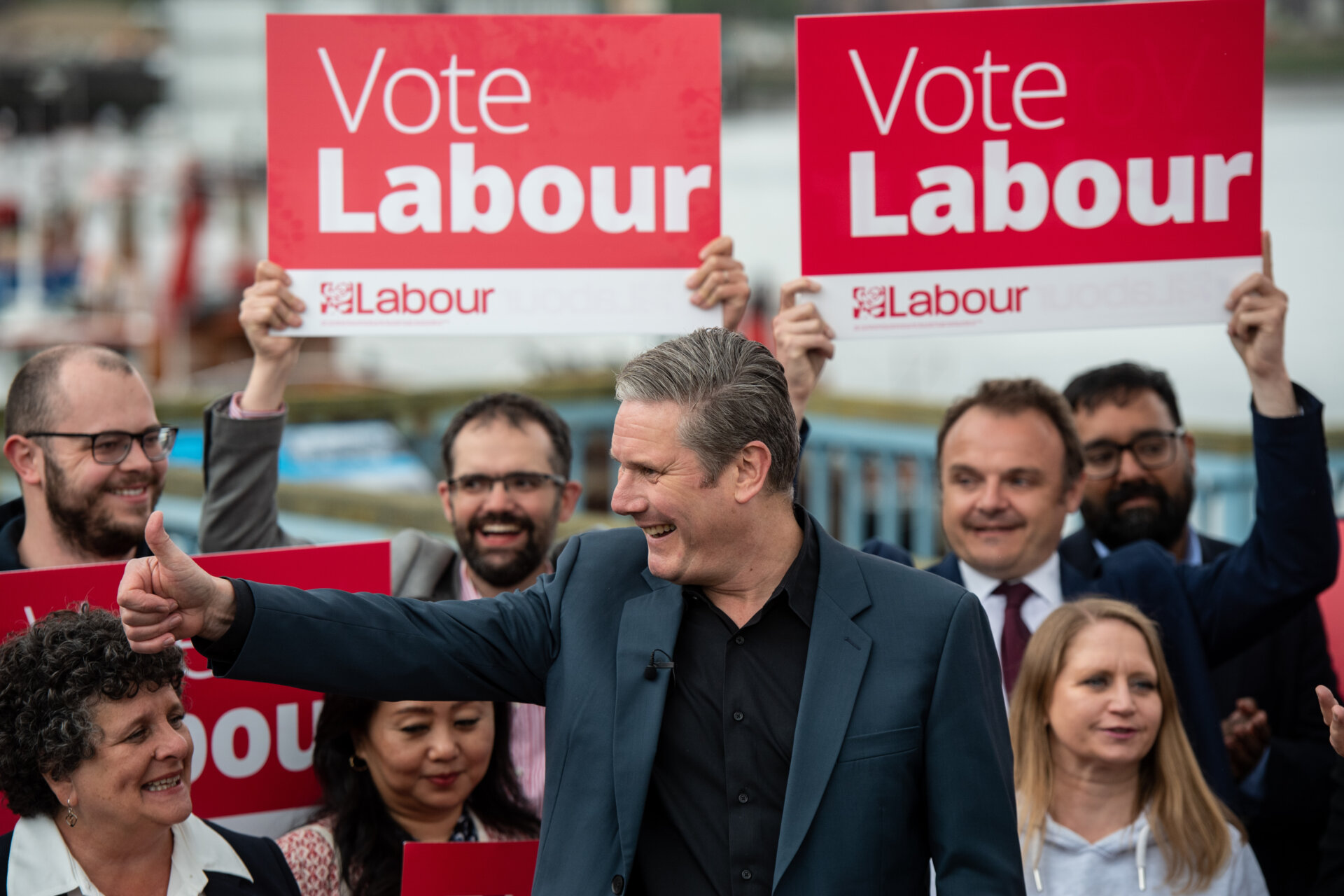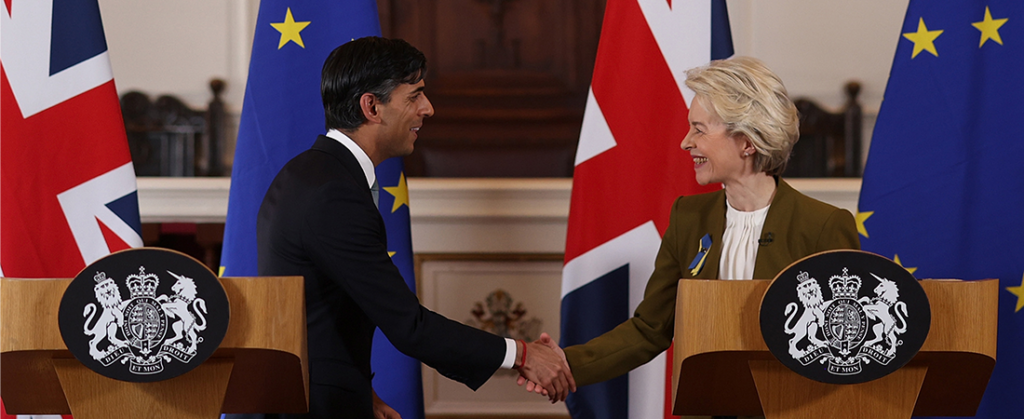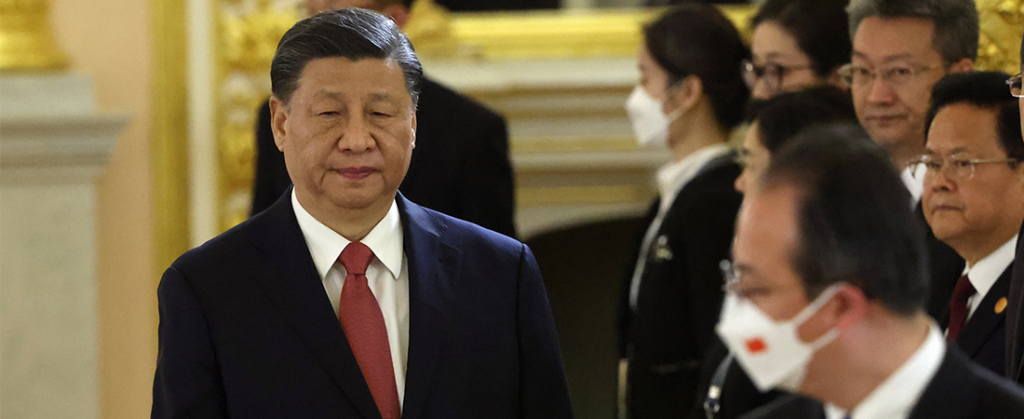In his first speech as prime minister, Keir Starmer made reference to a significant number of policy areas identified by Portland as posing the highest political risk for his government.
During polling carried out last week, we asked Labour voters to rank 50 specific manifesto commitments and policy areas based on how unlikely they would be to vote Labour again if a Starmer government failed to deliver on them.
This ‘jeopardy index’ identified areas where Starmer must succeed if he is to hold together the electoral coalition that has swept him into Number 10. The higher the negative score, the bigger the jeopardy for Labour.

Right at the start of the speech, Mr Starmer acknowledged “lack of trust can only be healed by actions, not words” demonstrating an awareness of the import many voters have placed on delivery.
But taking that further, our analysis of the full speech shows that nine of the top ten areas of jeopardy were touched upon in some form by the Prime Minister.
For example, there were several moments where he acknowledged that people have high expectations on Starmer to “Generally run the country in a more grown-up and disciplined way”.
These included the repeated references to public service being a “privilege”, and the vow to “end the era of noisy performance, [and] tread more lightly on your lives”.
On the theme that dominates the jeopardy index – health and access to services – the pledges made were not specific to the individual policy areas identified. However, the commitment to get the NHS “back on its feet facing the future” arguably captures the central thrust of voter expectation revealed by the polling.
Starmer’s promise to “create wealth in every community” and work to help the “millions [who have] slid into greater insecurity” connects to the importance of “growing the economy”, while his pledge to deliver “safer streets” chimes with the jeopardy index entry to see a cut in crime.
Indeed, the only issue on the jeopardy index not referenced in some form was the desire to see water companies put under special measures – a policy which perhaps would have stuck out as being too specific given the general tenor of the rest of the speech.
There was no mention in the speech of taxation, nothing on immigration and only the slightest nod to the tumultuous potential of global affairs in an “insecure world”. Neither do these issues register in the top ten of Portland’s jeopardy index. That of course, does not mean they pose no risk – each one could, and likely will, rocket up the rankings in the months and years to come.
But where there are only tough decisions you have to make choices. As the first articulation of Keir Starmer’s approach as Prime Minister, this speech ultimately indicates this Number 10 operation intends to pay close attention to issues where there is significant public resonance when it comes to setting priorities.
This is a shift from recent years when delivering on the desires of a party’s traditional voter base has often taken precedence. When Starmer says he will put “country first, party second” he may be speaking quite literally.
For those hoping to understand the thinking in Downing Street, all this suggests it’s never been more important to understand how Starmer’s broad – but changeable – electoral coalition are thinking. Portland’s expert research team can help you do just that.
Portland interviewed a nationally representative sample of 2742 British adults from 25th June – 27th June 2024. Interviews took place online.






